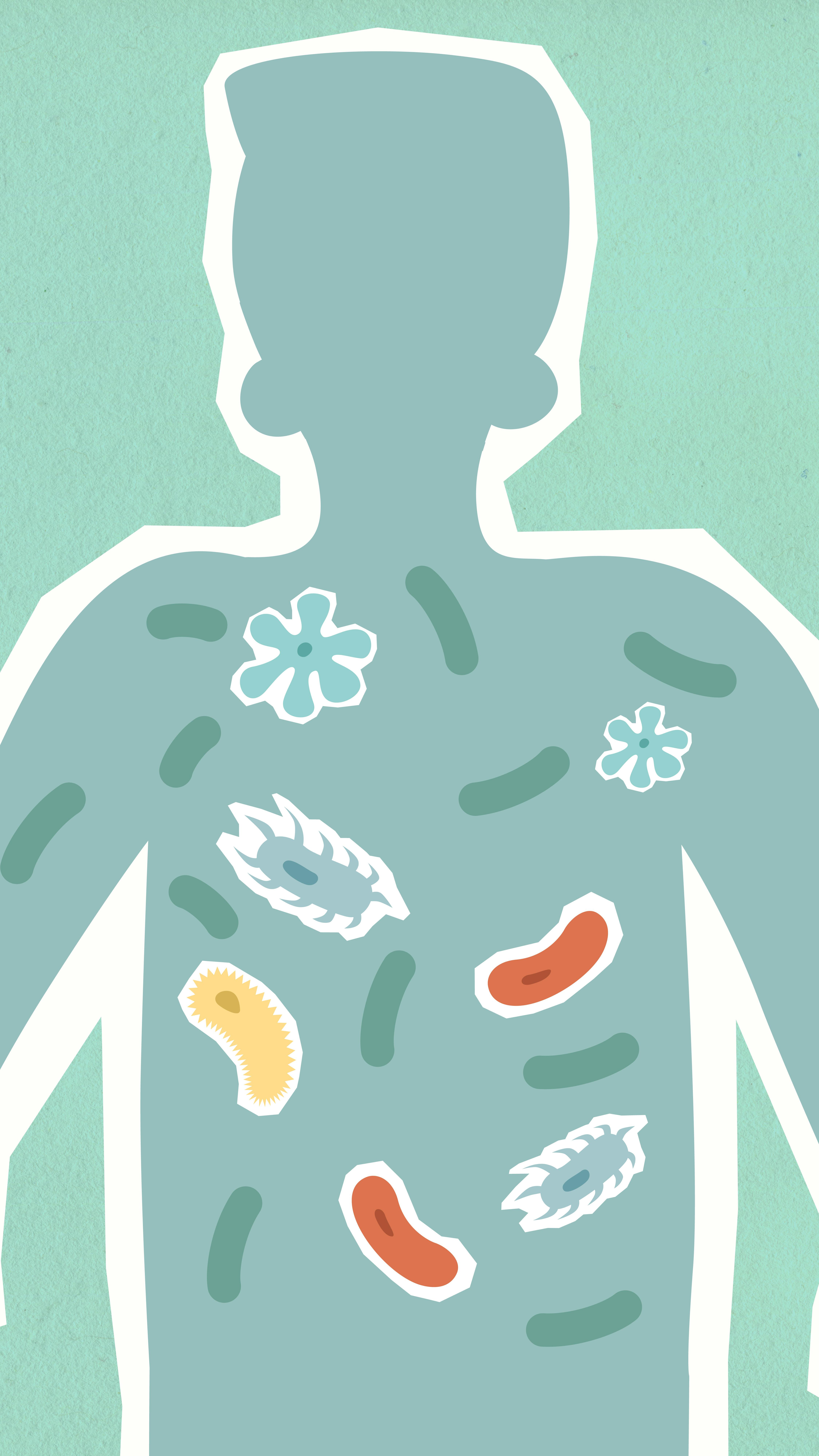New research suggests there is a way to optimize treatments for inflammatory bowel disease, or IBD. A team of scientists from the Karolinska Institutet in Sweden reveals that a potential target is a type of immune cells called innate lymphoid cells.
Inflammatory bowel disease is a chronic condition where the gut experiences excess inflammation causing symptoms such as abdominal pain and weight loss. While the cause behind inflammatory bowel disease remains unknown, there are studies suggesting there could be genetic, environmental, and immunological factors in play. Since most people with IBD do not respond to treatments, understanding what promotes inflammation in the first place could help to create better medications.
The researchers pinpointed the innate lymphoid cells (ILCs) that maintain tissue function, including the production of the gut mucosa. However, ILCs change function during inflammation.
The current study took ILCs from tonsils and gut tissue of 48 patients who had resection surgery or an endoscopic exam. Of the 48, 31 had IBD. They studied the changes in ILC function during isolation and after cell culture.
Findings showed that a subgroup of ILCs involves a pre-stage of mature ILCs that build up in the gut of patients with IBD. The gut environment could speed up the metabolism of immature ILCs, promote cell division, and release cytokines to protect the intestinal tissue.
“The function of ILCs changes during inflammation and therefore ILCs represent a promising therapeutic target for conditions like inflammatory bowel disease,” says lead author Efthymia Kokkinou, a doctoral student at the Department of Medicine, Huddinge at Karolinska Institutet. “Insight into how these cells develop from immature cells into mature cells in tissue helps us understand how they influence tissue function or inflammation in mucosa and how they can be manipulated for therapeutic purposes.”
Future research will look to see if having immature intestinal ILCs could predict how effective drugs for Crohn’s disease and ulcerative colitis, two common types of IBDs are in the body.
“These studies are important since the right choice of effective treatment can reduce both personal suffering and societal costs,” says Jenny Mjösberg, associate professor at Karolinska Institutet and the study’s senior author.
The study is published in the journal Science Immunology.











